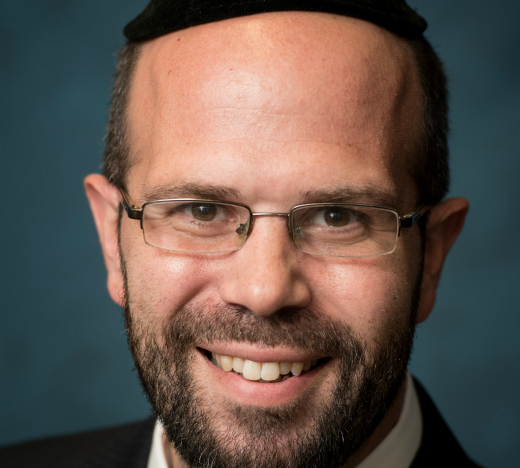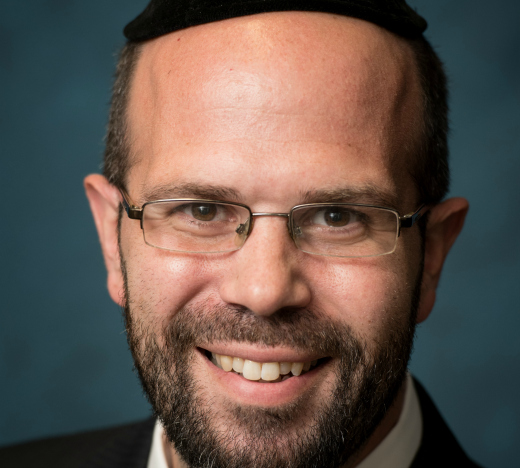
It’s hard to believe but Purim is just around the corner. In less than two weeks, Jews all over the world will gather and celebrate a day embedded with meaning and infused with joy. Purim provides adults and children alike with the opportunity to connect with God and with each other in a remarkable way, granting us an experience which is often quite impactful and, at times, transcendent. Many enjoy cherished memories of Purim celebrations which inspired sustained periods of growth and elevation.
One of the most unique features of the traditional Purim celebration is the excessive consumption of wine. Although there is a Talmudic basis for this practice, many rabbinic scholars have established limits and sought to define specific parameters, in an effort to dissuade individuals from becoming intoxicated. Among the great rabbinic authorities who have set clear limits in their written teachings, are Nimukei Yosef (Megillah 7a), Rama (O”C 695:2), Chayei Adam (155:30) and Aruch Hashulchan (O”C 695:3-5). It is not my intent to propose my own view regarding the definitions and parameters of alcohol consumption on Purim. It would be presumptuous (and irrelevant, to most) for me to express a halachic opinion regarding this matter. Our rabbis have presented a remarkably wide spectrum of views, all a matter of public record.
For full disclosure, it has never been my personal practice to become overly intoxicated at a Purim seudah. Yet, for my entire adult life I enjoyed (literally) the practice of drinking considerably more wine than I did on any other day throughout the year (which, frankly, is not all that much). Our personal Purim seudot have always been especially joyous and festive, reflecting deep and genuine expressions of religious emotion, joy and festivity. I will not deny that these experiences were sharply enhanced and amplified by the impact of our collective alcohol consumption.
Last Purim, however, I made a conscious decision to limit my alcohol consumption to no more than a single token drink. Although the bracha I had recited on the wine was discernibly loud and clear, my first shot of wine on that day was also my last. This deliberate choice was proudly broadcast to the other participants, most of whom chose to follow this lead. What initiated this sudden change of practice? What precipitated such a significant departure from our customary Purim experience?
Truthfully, I cannot point to a particular event which motivated this change. It was not a reaction to a specific experience, nor a developing crisis in my life. My personal decision to abstain from alcohol on Purim, is driven by a sincere yearning to communicate clear and consistent messages to myself, my family and anyone else who may happen to be paying attention. As a father, as a rabbi and as a teacher, I find it increasingly more challenging to effectively promote intolerance towards excessive alcohol consumption throughout the year, while simultaneously tolerating such indulgences on Purim. For many, particularly among our youth, the perceived discrepancy between these two messages is both glaring and compelling. Our commitment to teach the supreme value of self-control and our constant efforts to promote intolerance for drugs and alcohol are not merely obscured by this apparent behavioral contradiction, they are entirely compromised. To be clear, I haven’t the slightest temptation to dismiss or revise Talmudic texts, nor do I intend to imply any objection or frustration with our sacred and immutable mesorah. At the same time, Purim does not exist in a vacuum. With the setting of the sun and the cleansing of our bloodstreams, our religious obligations, social challenges and personal struggles all resurface, and are right where we left them before the festivities began. Is it realistic to assume that we can properly communicate, educate and inspire, while faced with the real threat of conflicting messages that are, for the most part, too nuanced to reconcile?
If I may, one additional point is in order. It is no secret that many in our community suffer, directly or indirectly, from the devastating effects of alcohol abuse. While many of us are able to simply enjoy the benign and jovial effects of alcohol consumption one day a year, others among us suffer from the torment and misery of alcohol abuse every day of their lives. How do we, as individuals and as a community, indulge so excessively, while simultaneously validating, protecting and supporting those among us who are painfully triggered by our actions? Is it even possible to participate in planned and organized intoxication without provoking sadness, anger or grief among those most vulnerable and afflicted?
I offer these questions without presuming to have all of the answers. For myself, the decision to celebrate a dry Purim seems most appropriate and responsible, given my current surroundings and circumstances. Of course, I will continue to cherish the memories of past Purim celebrations, so powerfully enhanced by the alcohol accompaniments. I will not attempt to forget the inspiring memories and impressions that were created by rebbeim who radiated joy and transcendence, while under the simultaneous influence of alcohol and Torah. For now though, I pray that my children, students and peers can discover meaning and find inspiration in other opportunities that the day of Purim offers. We may, in fact, miss the alcohol-induced joy. Regardless, we have much bigger issues to deal with at the moment.
Rabbi Larry Rothwachs serves as the rabbi of Congregation Beth Aaron in Teaneck, NJ and as Director of Practical Rabbinics at the Rabbi Isaac Elchanan Theological Seminary.










